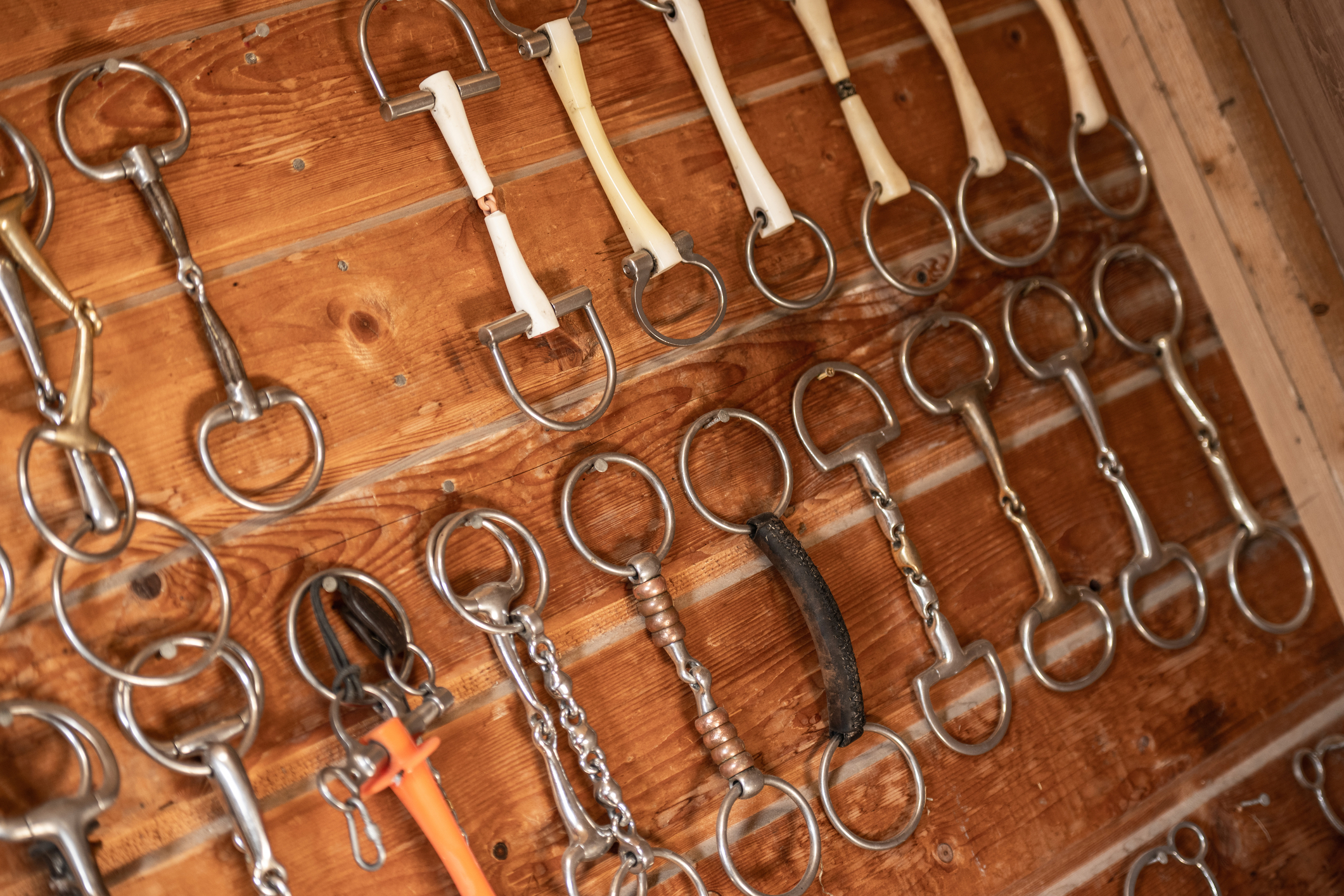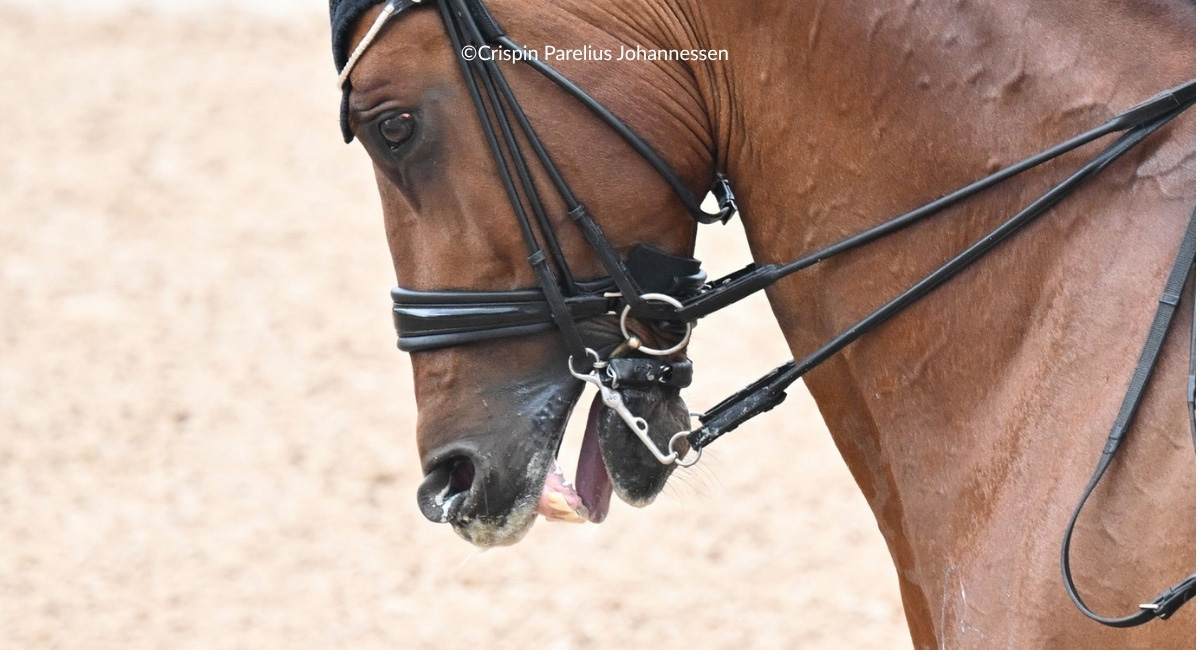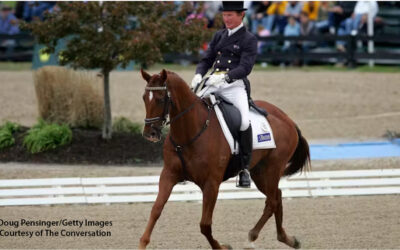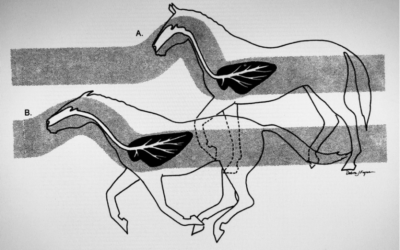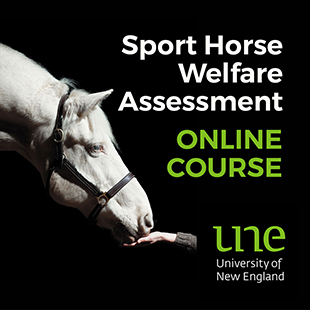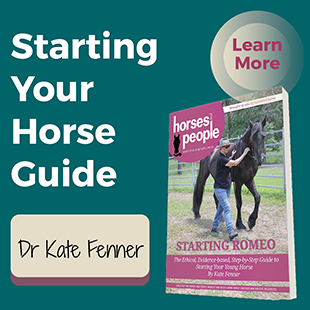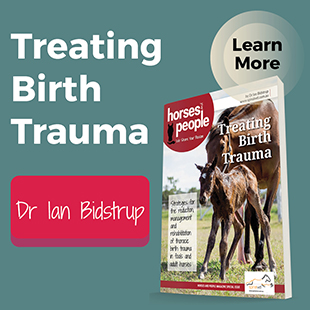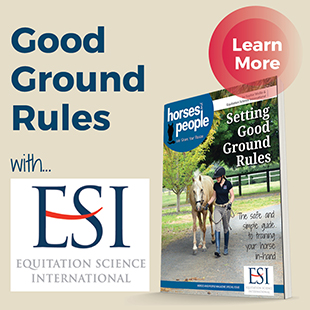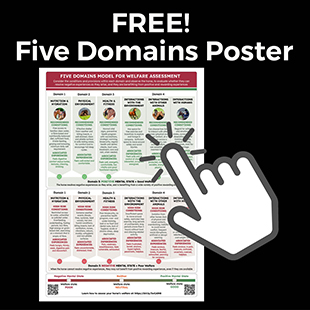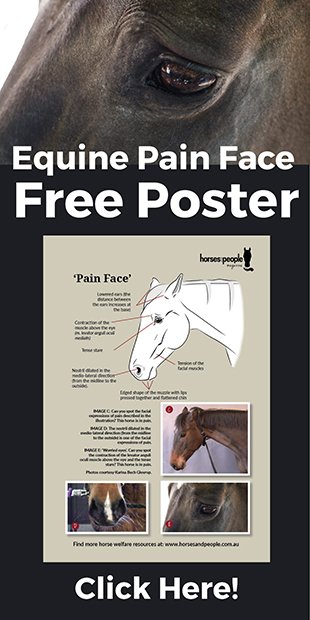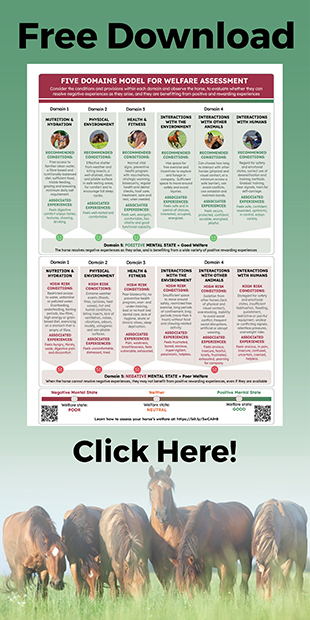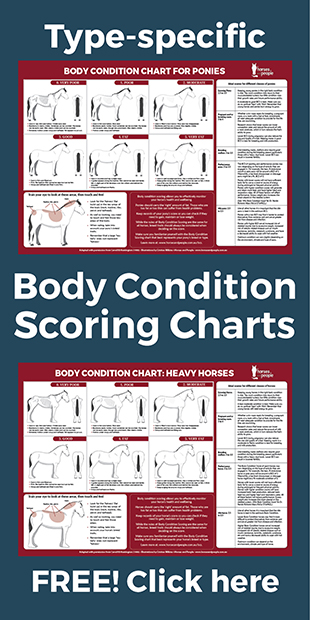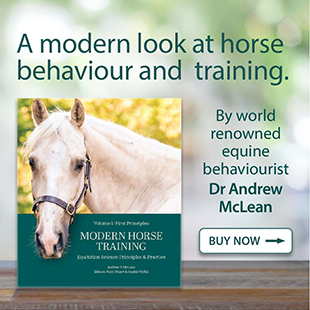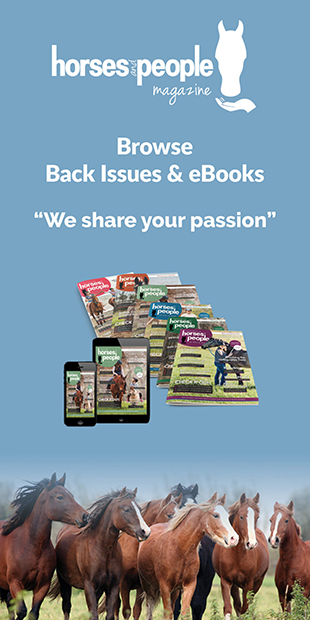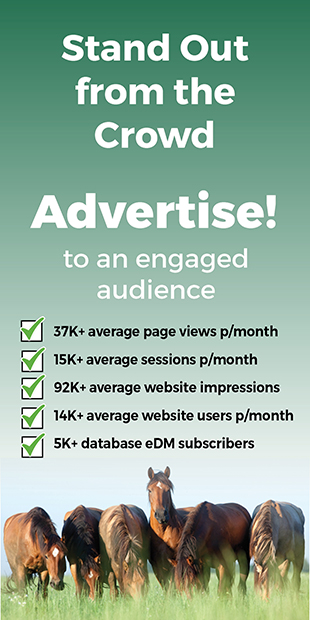Horse whipping is painful and cruel. The latest incident shows why it should be banned
Anne Quain, University of Sydney and Cathrynne Henshall, Charles Sturt University. Image Doug Pensinger/Getty Images Last week, the peak body for equestrian sport in Australia suspended a prominent member after footage allegedly depicted Australian Olympic dressage...
Machinations About Mouth Pain in Dressage Horses
Commonly employed husbandry, training and other management practices used with racehorses and sports horses are being seriously questioned on welfare grounds. These concerns have been outlined in detail for Thoroughbreds by Garnham (2024a) - the penname under which...
From Chaos to Clarity: How EquiCare is Transforming Horse Management
Nicole knew she had a problem. As a professional rider and coach, she juggled the endless responsibilities of horse care—vet visits, farrier appointments, training schedules, competition prep. But no matter how many whiteboards, sticky notes, or phone reminders she...
Bit Blindness and Questioning the Concept of Pain-induced Musculoskeletal Lameness
Bit Blindness The term “bit blindness”, coined in 2020, emphasises that after its inception four millennia ago, bit use in horses has long been normalised [1,2]. Moreover, not only has the use of bits been normalised, so too were the distinctive behaviours associated...
Bit-Induced Mouth Pain and Wider Equine Welfare Assessments Ignored in a Paper on Bridle and Bit Fit
A critique of “The Role of the Equestrian Professional in Bridle and Bit Fit in the United Kingdom" In this compelling critique, Professor Emeritus David Mellor examines a recent study published in Animals by Kathryn Nankervis, Jane Williams, Diana Fisher, and Russell...
Critique of the film Horses and the Science of Harmony
A critique of the Horses and the Science of Harmony film by Emeritus Professor Robert Cook, FRCVS, PhD. “Horses and the Science of Harmony” is, as stated in its introduction, a “Full length feature film, seen through the lens of cutting-edge science and groundbreaking...
European Veterinarians Highlight Relationships Between Animal Behaviour, Training and Welfare
The joint position paper by the members of the Federation of Veterinarians of Europe (FVE) emphasises the critical importance of understanding animal behaviour and training for promoting the welfare of dogs, cats, and horses. Adopted unanimously by the FVE General...
Seven Pillars of Deception to Delay Action on Horse Welfare
Scenario Consider a prominent international organisation that has global leadership and regulatory roles in a well-known area of competitive activity involving animals. Participants are members of a global elite, lauded and applauded for their mastery of the...
Improving Sports’ Horse Welfare: A Way Forward
Many features of the Thoroughbred Horseracing sector have been seriously challenged from an animal welfare viewpoint[1]. Their character is so explicit and striking that immediate action is required by implementing sector policy changes and updating codes of practice...
The Five Domains of Horse Welfare
Horse welfare is difficult to talk about, almost impossible sometimes! It is probably because many people care so much about horses and because the factors that affect their welfare are many, and the way they interact is complex and dynamic. It is not helped by the...
Thoroughbred Horse Welfare Challenges: From Rape to Relegation
Written here as a poem, each verse is structured as a three-line haiku. The haiku is a Japanese poetic form, in this case consisting of seventeen phonic syllables in a five-seven-five pattern. Traditionally, haiku evoke images of the natural world. The author's aim:...
A Bit-FREE, Pain-FREE Future for the FREE-Breathing Horse
Without food, a horse’s expectation of life is measured in weeks; without water, in days; without air, in seconds. The purpose of this article is to provide an illustrated sequel to a previous article "Horse Sports’ Option: Ban or be Banned” (Cook 2024). A series of...
Renowned welfare expert recommends British Horseracing update their horse welfare assumptions
A critique by Professor Emeritus David Mellor, ONZM, of the website Horse PWR, British Horseracing's website on equine welfare and safety. Emeritus Prof David Mellor is the architect of the Five Domains Model for Animal Welfare Assessment and Monitoring, which he...
The Evidence for Allowing a Bit-Free Option in Equestrian Sport
If equestrian sport remains in the grip of an Iron Age custom, and continues using the bit as the means of rider-horse communication, its social license to operate will be lost. It is time to relinquish the A.B.C. of Atrocity, Bit usage and Cruelty that stems from the...
Racing Victoria releases new Thoroughbred Racehorse Welfare Policy
Racing Victoria (RV) has released its new Thoroughbred Racehorse Welfare Policy (TRWP). The policy defines the minimum standards and best practice guidelines for caring for and interacting with thoroughbred racehorses in Victoria. The TRWP will come into effect from 1...
A mission to make Paris 2024 the Olympic Games of horse welfare
This post is an AI aided translation of the online article published by Le Parisien, following up on the French Parliamentary report sent to the Games' organising committee in 2022, and which included 46 recommendations for welfare reform. Most of which have not been...
Le Parisien: What if the Paris 2024 Olymic Games were about horse welfare?
Last Sunday’s edition of Le Parisien, a French daily newspaper with a circulation of over a quarter of a million copies, devoted a full page to the welfare scandals of Tokyo, and questioning whether enough will be done to protect horses and the sport from such...
Horse Sports’ Options: To ban, or be banned
Firstly, this article is about a basic need of the ridden and driven sport horse, the need to breathe. Secondly, it is about the role of veterinarians in drawing attention to this need to breathe. Thirdly, it is about the responsibility of horse sport administrators...





